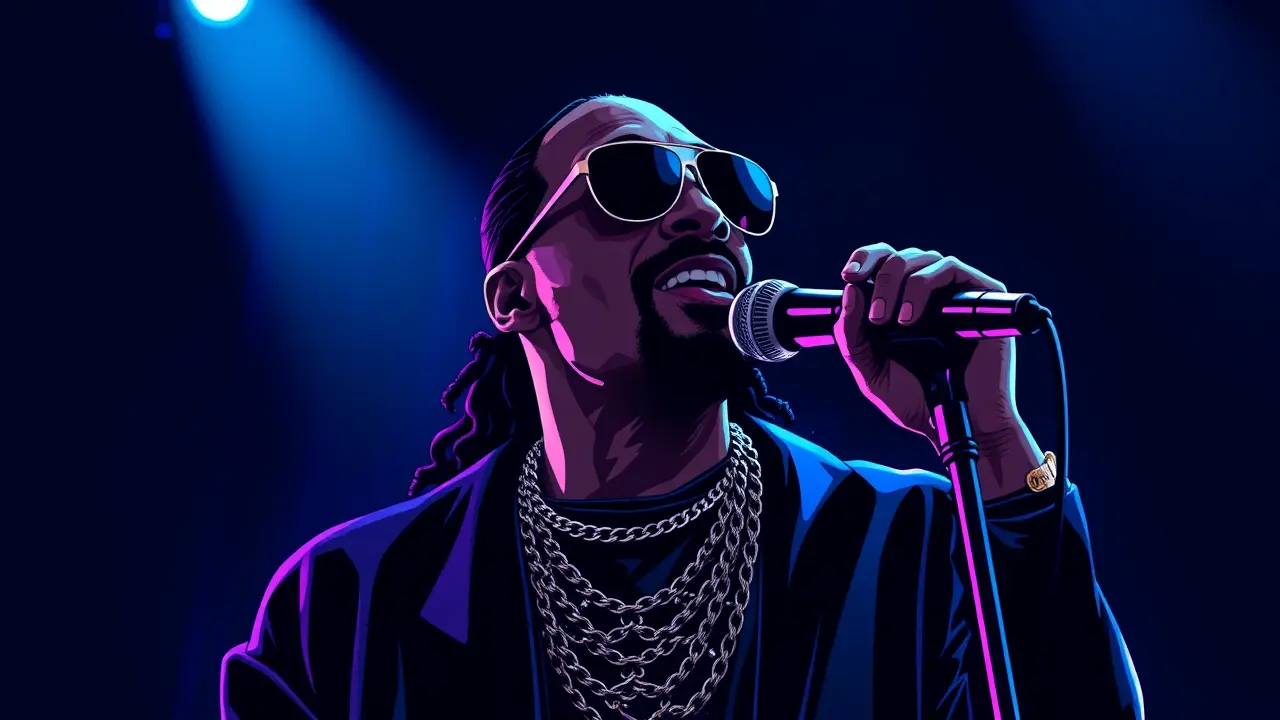Dyukov on FIFA Sanctions: We Need Our Team's Ban Lifted
The recent decision by FIFA to refrain from sanctioning the Israeli Football Association has drawn a sharp and unequivocal response from Alexander Dyukov, President of the Russian Football Union (RFU), who has framed the global governing body’s stance as a stark contradiction that leaves Russian football in a state of perpetual limbo. In a statement that cuts to the heart of the political maelstrom engulfing international sports, Dyukov reiterated the RFU’s long-held position that 'football must be outside of politics,' a principle that feels increasingly like a hollow slogan when juxtaposed against the ongoing blanket ban on Russia’s national teams from all FIFA and UEFA-sanctioned competitions.This isn't just about a simple appeal; it's a direct challenge to the very consistency of FIFA's ethical compass. Dyukov’s assertion that geopolitical conflicts should not spill onto the pitch is a sentiment echoed by many purists who recall the Cold War era, when diplomacy often failed but the World Cup provided a rare, unifying stage—think of the legendary clashes between nations with fraught relations, where the beautiful game temporarily bridged divides.Yet, the current reality is one of selective application. The RFU’s plea is not for reciprocal punishment but for the restoration of its own competitive rights, a point Dyukov hammered home by clarifying, 'We do not need a ban for the Israeli federation and their national team.We need the ban on our team’s participation in international official matches lifted. ' This distinction is critical; it’s a call for parity, not retribution.The backdrop to this is a complex tapestry of geopolitics, where the invasion of Ukraine triggered an unprecedented wave of sporting sanctions against Russia, effectively exiling its clubs and national sides from the global community. Analysts have long debated the efficacy and fairness of such measures, arguing that while intended to isolate a government, they ultimately punish athletes in their prime—a generation of Russian players like Aleksandr Golovin, whose talents are being wasted in a competitive vacuum, much like a modern-day Di Stéfano caught in a political crossfire, denied the grand stages their skills warrant.The statistical impact is already devastating; the Russian men's team has plummeted in the FIFA rankings due to a lack of competitive fixtures, and youth development pipelines are suffering from the absence of international exposure. Meanwhile, the women's and youth teams face similar fates, stunting the growth of an entire footballing ecosystem.Dyukov’s comments underscore a growing frustration with what many see as FIFA’s ad-hoc and politically expedient jurisprudence. The organization’s statutes enshrine neutrality, yet its enforcement appears increasingly influenced by the prevailing winds of international opinion.Expert commentators from institutions like the CIES Football Observatory suggest that this case could set a dangerous precedent, where football federations become proxies in geopolitical standoffs, undermining the sport’s integrity. The path forward is murky; while Dyukov’s rhetoric is firm, the RFU’s legal avenues are limited, with the Court of Arbitration for Sport (CAS) having previously upheld the bans.However, the mere act of publicly highlighting this perceived inconsistency keeps the issue in the spotlight, applying moral pressure on FIFA’s leadership. For the fans, the players, and the future of Russian football, this is more than a bureaucratic dispute—it’s a battle for the soul of the sport, a test of whether the beautiful game can truly rise above the fray or if it is forever destined to be a pawn on the geopolitical chessboard.
JA
Jamie Carter123k2 days ago
tbh this just feels like more of the same from fifa, the inconsistency is so frustrating
0
